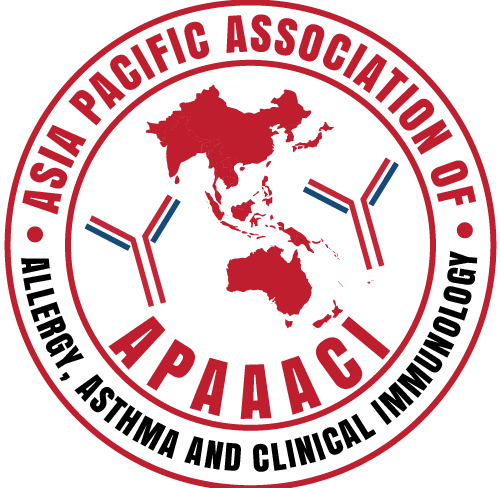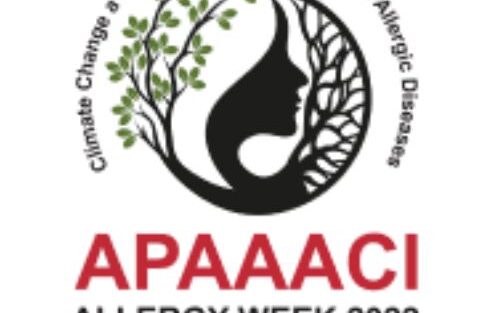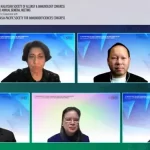Climate change a global challenge: impact on allergic diseases
APAAACI Allergy Week May, 2022
Climate change, air pollution, and reduced biodiversity are major threats to human health with detrimental effects on non-communicable diseases like asthma, allergies, cancer, and heart diseases. According to the World Health Organization (WHO) every year 3 million people die prematurely due to outdoor air pollution, which is heaviest in major cities of Asia, Africa, and Latin America.
Globally, 300 million people suffer from asthma, 400 million from rhinitis. In the Asia-Pacific region, 2.3 billion people are exposed to levels of air pollution several times higher than the WHO standards. Moreover, industrial, traffic-related, and household biomass combustion, indoor pollutants from chemicals, phthalates, and tobacco are major sources of air pollutants, with increasing burden on respiratory allergies.
Furthermore, changes in the environment and human activities have altered the biodiversity and the composition of the gut and skin microbiota leading to various inflammatory diseases.
Prof. Ruby Pawankar, President of the Asia Pacific Association of Allergy, Asthma & Clinical Immunology
(APAAACI), highlights that climate change and air pollution need global attention and urgent actions and that APAAACI joins the global community for a call to climate action to circumvent this climate related health crisis.
Please take this opportunity to learn what the UNEP leadership, parliamentarians, and the global and regional experts say on this very important topic.
About APAAACI:
Asian Pacific Association of Allergology and Clinical Immunology (APAAACI) is the regional organization of the Asia Pacific region established in 1989 and Its members consist of national member Allergy and Immunology societies in over 16 countries representative of this geographical region. The objectives of the Association are to promote the exchange and progress of knowledge on allergy, asthma and clinical immunology in the Asia Pacific region, to study the risk factors, environmental impact on health, potential modes of prevention and treatment of allergy, asthma and immune-mediated diseases, with particular emphasis on problems specific to the region. promote exchange in training programs and cooperation in clinical and basic research on allergy, asthma and clinical immunology, to develop programs for public information and public education related to allergy, asthma and clinical immunology and to collaborate with international and regional organizations to foster dissemination of this knowledge through international congresses publications, live webinars and other forums.



